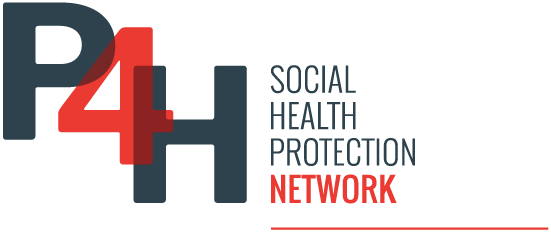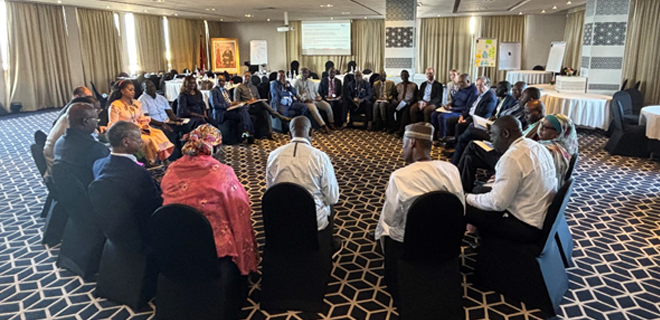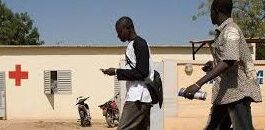The pursuit and challenges of universal health coverage in Chad
Health expenditure represents only 4.5% of the gross domestic product according to the 2018 National Health Accounts (CNS, 2018), and public health expenditure represents only 5% of total public expenditure in 2018. Direct household payments represent up to 64.4% of current health expenditure (CNS, 2018).
Ongoing reforms
To address low health expenditure and high direct payments, Chad initiated health financing reforms in support of universal health coverage (UHC), with assistance from P4H network partners. A UHC strategy was adopted in 2015, and an institutional framework for its operationalization was put in place in 2016.
In 2019, Chad enacted Law No. 65/PR/2019 establishing three schemes: (1) a health insurance scheme for employees, financed by contributions from insured persons and employers, (2) a health insurance scheme for the self-employed, financed by contributions the self-employed made, and (3) a health assistance scheme financed by the state budget, for persons the law classifies as “economically deprived”.
In 2020, Law No. 026/PR/2020, creating the National Health Insurance Fund (CNAS), was promulgated. In July 2022, the Council of Ministers appointed director-level managers to the CNAS by decree. Another decree created a regulatory body for the UHC, also in July 2022. The CNAS saw its first board of directors installed in November 2022 and its first managers appointed in January 2023.
Around 10 application decrees were signed in 2021 and 2022, allowing the start of the Medical Assistance Scheme. Since 2020 Chad has included in its finance laws specific taxes that finance the Medical Assistance Scheme and UHC in general. These taxes apply to tobacco and alcohol, on gambling and non-recyclable plastic.
In addition to the establishment of the legal and institutional framework, Chad has drafted a national health financing strategy for UHC.
Difficulties in the transfer of collected domestic resources
Despite the development of innovative sources of financing for UHC in Chad’s finance laws (2020 and later), resources planned and collected have never been transferred to the bodies governing and administering UHC. As a result, the start of UHC schemes has been postponed several times for lack of funding. Resolution of this problem depends on the removal of all bottlenecks, and the application of appropriate national rules and practices in the management of public health finances.





